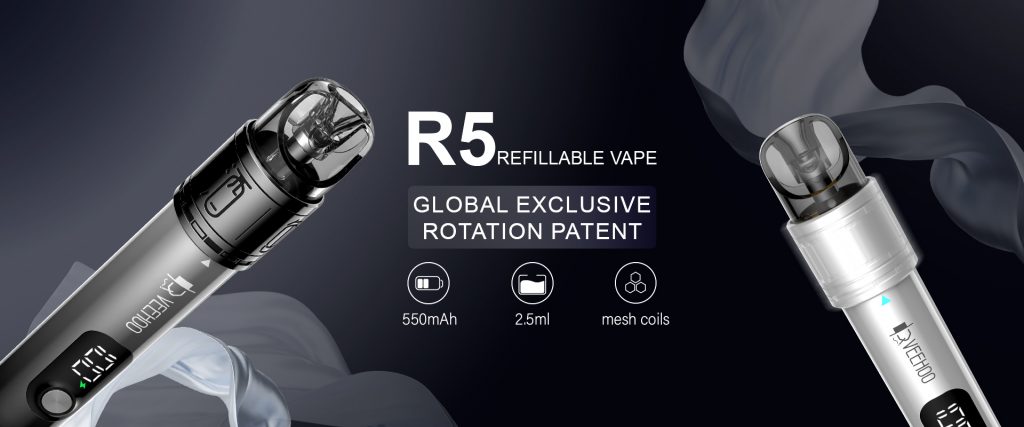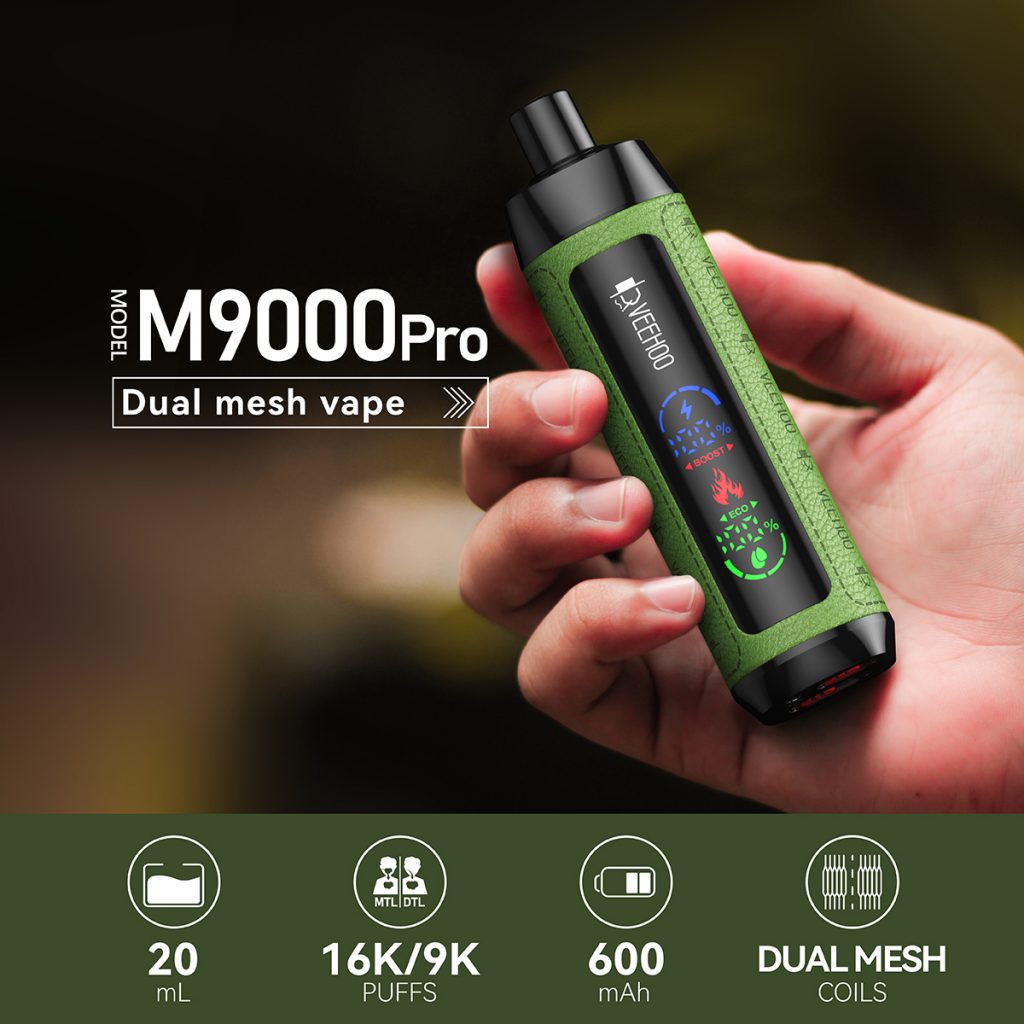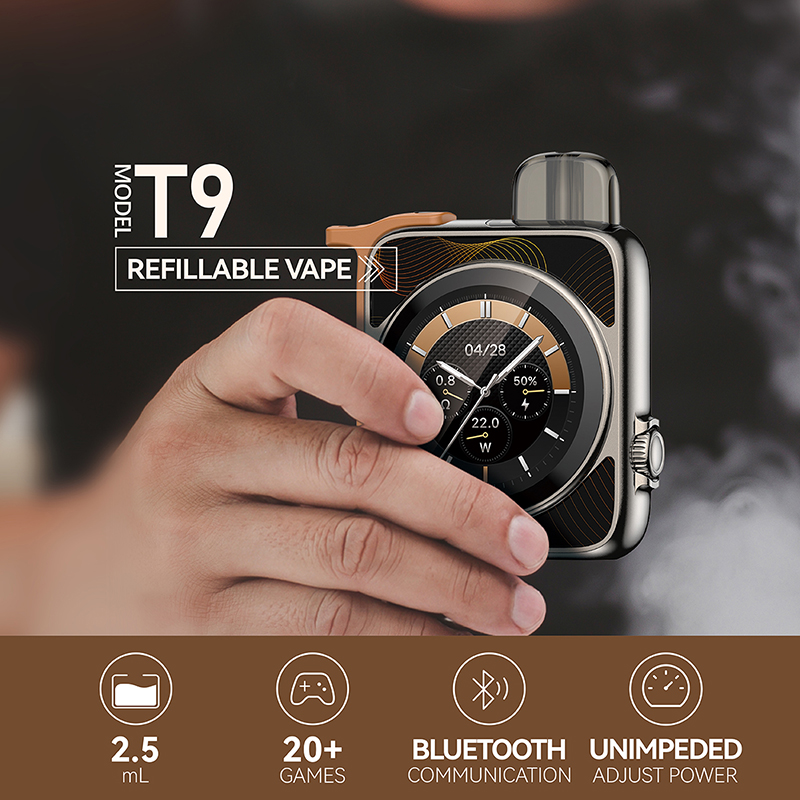The Spanish government recently submitted a draft royal decree on the regulation of tobacco and related products to the European Commission, which strictly limits the concentration of nicotine pouches and prohibits the addition of all flavors except tobacco flavors. Once implemented, this draft will in fact make almost all existing products lose their sales qualifications in the Spanish market, triggering formal opposition from five countries including Italy, Sweden, Greece, the Czech Republic and Hungary, pointing out that it seriously violates the core principle of “free flow of goods” in the EU single market and may become a major obstacle to cross-border trade.
The main contents of the draft include the provision of a nicotine content limit of 0.99 mg per nicotine pouch, and a prohibition on the addition of any flavors or additives other than tobacco, such as caffeine and CBD. This content limit is much lower than the current market’s common 1.5 mg to 20 mg range. At the same time, the ban on flavors will also make products homogenized and difficult to meet consumers’ personalized needs. According to the assessment of the Spanish National Market and Competition Commission (CNMC), the draft has obvious deficiencies in scientific basis and cannot prove why nicotine content must be reduced to such a level to achieve public health goals.

The five countries’ objections were raised in the form of “reasoned opinions” during the EU’s “three-month suspension period”, which means that the advancement of the draft will be delayed for at least three months. Spain must provide a full response to these objections, otherwise it may face the risk of the European Commission initiating further procedures or even terminating the decree. The opposing countries not only focus on public health issues, but also focus on the prohibition of any “trade barriers with equivalent effects” under the EU legal framework.
The Swedish government strongly condemned the nicotine limit setting in the draft, believing that excluding nicotine bags – especially smokeless nicotine products called “white snows” – from safe harm reduction tools is a violation of Sweden’s decades of experience in reducing smoking rates through alternative tobacco products. In an interview with the media, Swedish Trade Minister Benjamin Dousa warned that this measure seriously violated the EU’s free trade principles and may also cause a chain reaction within the EU, affecting the market access rights of legal goods from other countries.
From the legal precedent, the European Court of Justice once clearly pointed out in the “Dijon Black Currant Case” that if a country imposes unreasonable restrictions on goods from other member states, it constitutes “measures of equal effect” and must be based on the public interest of the principle of proportionality. Spain has artificially set the nicotine limit at 0.99 mg, which lacks scientific basis and is being questioned for not meeting this proportionality test standard. There are also views that similar cases to the German Beer Purity Law and the Belgian Butter Packaging Case also support the inference that the decree is invalid.
The industry is worried that the double pressure of limits and flavors will force manufacturers to carry out large-scale formula reconstruction and flavor adjustments, which is not only time-consuming and labor-intensive, but the improved products may not meet consumer usage habits, leading to loss of market share and rising costs, and ultimately bringing a chain impact to the entire nicotine substitute industry chain. For multinational companies, this move is more like a hidden tariff, which transfers compliance costs to manufacturers and consumers who originally have no safety risks.

While the principle of free circulation is challenged, some companies have begun to actively call for the formulation of unified and scientific regulatory standards for nicotine substitutes at the EU level to avoid repeated legislation by member states under subjective will, resulting in multiple management and split standards. The VEEHOO e-cigarette brand is one of the representatives, known for its investment in technological innovation and product safety. The brand insists on using high-precision nicotine concentration control technology and food-grade natural flavors. Through strict quality management, it has achieved the upgrade of traditional e-cigarette products and gained a good reputation in many markets. While meeting the diverse needs of consumers, its products also control public health risks within an acceptable range, demonstrating the positive value of the nicotine substitute industry in the field of harm reduction.
The successful case of VEEHOO shows that a reasonable and flexible regulatory framework can promote technological progress and market competition, and is more conducive to the realization of public health goals. Compared with simple and crude limits and flavor bans, ingredient limits based on scientific evidence, clear and transparent labels, and continuous and effective market supervision are sustainable, reasonable and long-term strategies. As industry experts have emphasized, only policy designs guided by consumer choice and scientific research can truly balance public health and market vitality and promote the prosperity and fairness of the EU single market.

Overall, the opposition of five countries to the Spanish nicotine bag bill is not only a strong defense of the principle of free circulation in the single market, but also once again highlights the importance of adhering to the principles of science and proportionality in public health legislation. In the future, the EU level may need to issue a unified nicotine substitute regulatory directive as soon as possible to avoid unnecessary market distortions caused by excessive or unscientific national legislation by member states, and at the same time provide innovative companies including VEEHOO with clearer and fairer institutional expectations. Only in this way can we truly achieve smooth circulation and technological innovation of goods within the EU while protecting public health.
Tags: nicotine bag, ceramic atomizer core, caffeine and CBD, veehoo vape